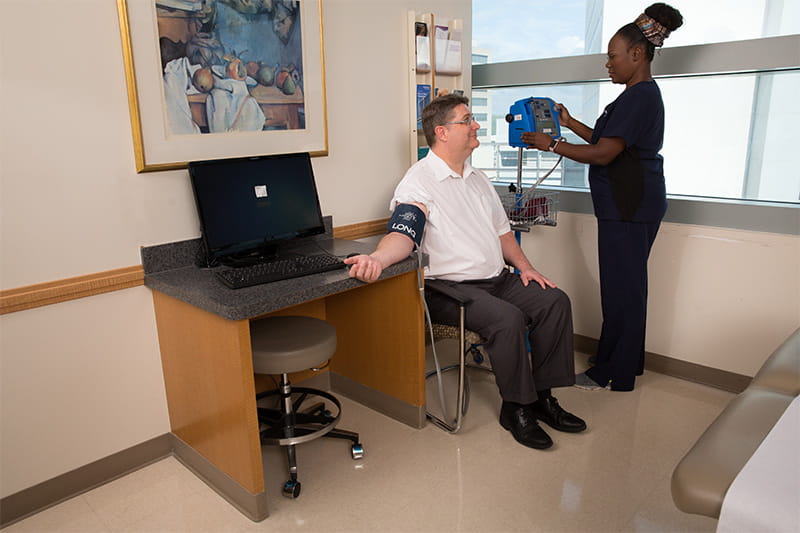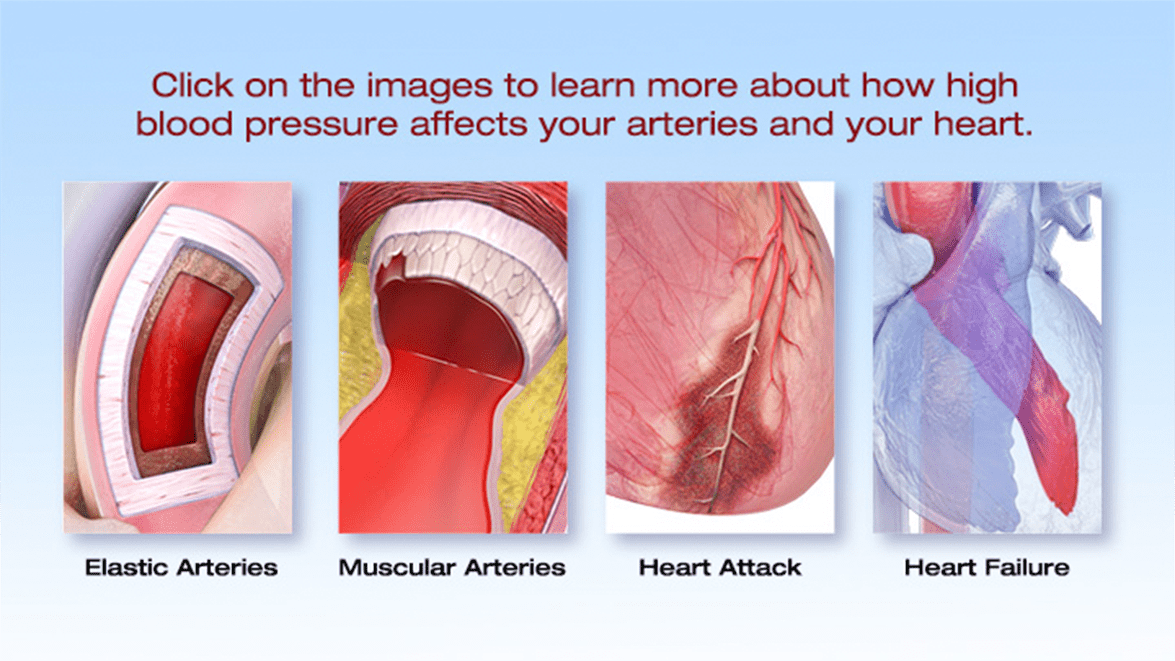Blood Pressure vs. Heart Rate (Pulse)

What's the difference between blood pressure and pulse?
While your blood pressure is the force of your blood moving through your blood vessels, your heart rate is the number of times your heart beats per minute.
- They are two separate measurements and indicators of health.
- For people with high blood pressure (HBP or hypertension), there’s no substitute for measuring blood pressure.
Does high blood pressure increase heart rate?
Heart rate and blood pressure do not necessarily increase at the same rate. A rising heart rate does not cause your blood pressure to increase at the same rate. Even though your heart is beating more times a minute, healthy blood vessels dilate (get larger) to allow more blood to flow through more easily. When you exercise, your heart speeds up so more blood can reach your muscles. It may be possible for your heart rate to double safely, while your blood pressure may respond by only increasing a modest amount.
Heart rate and exercise
In discussions about high blood pressure, you will often see heart rate mentioned in relation to exercise. Your target heart rate is based on age and can help you monitor the intensity of your exercise.
- If you measure your heart rate (take your pulse) before, during and after physical activity, you’ll notice it will increase over the course of the exercise.
- The greater the intensity of the exercise, the more your heart rate will increase.
- When you stop exercising, your heart rate does not immediately return to your normal (resting) heart rate.
- The more fit you are, the sooner your heart rate will return to normal.








